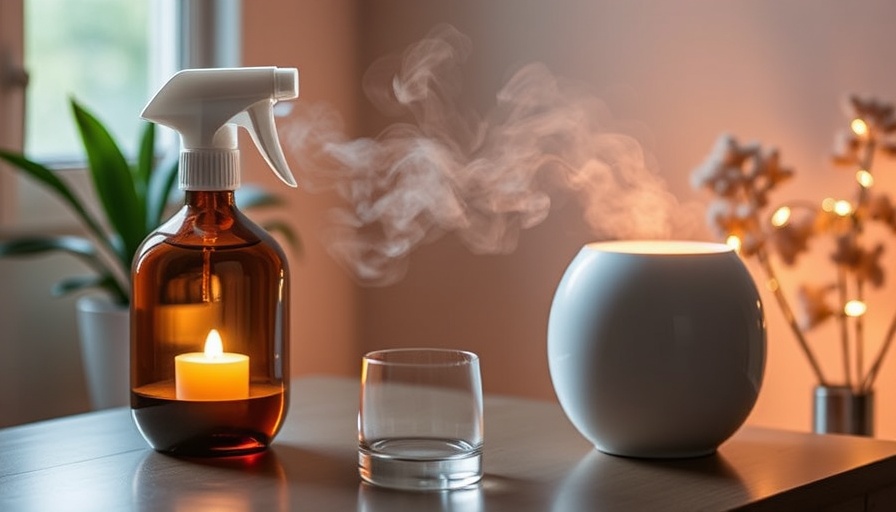
Are Air Fresheners Hurting Your Indoor Air Quality?
In our quest for a pleasant-smelling home, many of us reach for air fresheners, scented candles, and other aromatic products without a second thought. However, new research from Purdue University suggests that these seemingly innocent products can be a source of indoor air pollutants, potentially endangering our health.
Understanding the Impact of Artificial Scents
The study conducted in a tiny house lab reveals a concerning trend: common scented products release air pollutants that interact negatively with ozone, resulting in harmful nanoparticles. In fact, these nanoparticles can be as dangerous to lung health as those emitted by gas-powered stoves or car engines. This is alarming, particularly for individuals with respiratory conditions or sensitivities.
The Role of Indoor Air Quality in Health and Productivity
Indoor air quality is often an overlooked aspect of our living and working environments. According to the lead researchers, Nusrat Jung and Brandon Boor, poor air quality not only affects health but also productivity. With many individuals spending up to 90% of their time indoors, the air we breathe can have significant implications for our overall well-being.
Sustainable Alternatives: Choosing Wisely for Healthier Spaces
For health-conscious consumers—whether homeowners, business decision-makers, or property developers—there are more eco-friendly options to consider. Essential oils, beeswax candles, and plant-based air fresheners can provide pleasant fragrances without compromising indoor air quality. These alternatives do not emit harmful toxins and offer a pathway toward a healthier home and work environment.
The Future of Air Quality Research and Its Implications
As the research community continues to explore the relationship between common household products and indoor air quality, property developers and facility managers can benefit by designing spaces that enhance air quality. Incorporating ventilation systems, using nontoxic materials, and selecting products carefully can create environments that support health and productivity.
Conclusion: A Call to Action for Healthier Environments
The evidence is clear: artificial scents can compromise indoor air quality. As business owners and facility managers, it is vital to make choices that protect the health of employees and customers alike. By opting for sustainable and non-toxic alternatives, we can significantly improve our indoor environments. Let's create healthier spaces for all.
 Add Row
Add Row  Add
Add 




 Add Row
Add Row  Add
Add 

Write A Comment